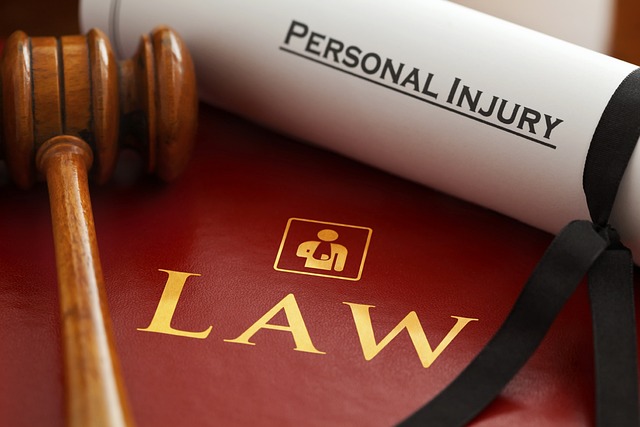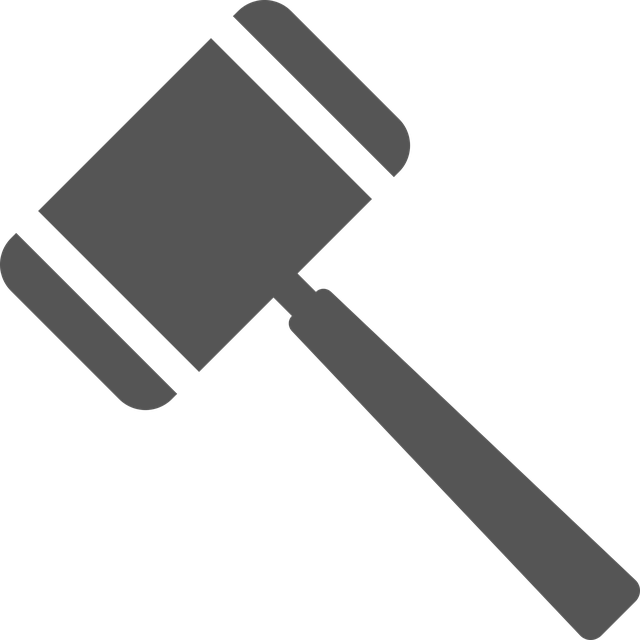Personal injury law is a legal field that enables individuals harmed due to another's negligence or wrongful conduct to seek compensation for their injuries. This includes physical or emotional harm resulting from car accidents, slips and falls, medical errors, product defects, and occupational injuries. The key elements of a personal injury claim include proving the defendant's duty of care, breach of this duty, causation linking their actions to the plaintiff's injury, and the directness of the injury. Compelling evidence, such as medical records, testimonies, and expert opinions, is necessary to substantiate these claims, along with detailed documentation of tangible and intangible damages. Personal injury law also requires demonstrating that the injuries were solely caused by the defendant, excluding any self-inflicted harm or contributory negligence. Effective legal representation in personal injury cases necessitates a deep understanding of this complex area of law to navigate the nuances and secure fair compensation for plaintiffs.
Navigating the complexities of personal injury law can be a daunting task for those unfamiliar with its intricacies. This comprehensive guide demystifies the legal framework surrounding personal injury, from understanding its core principles to exploring the latest trends and technological advancements affecting litigation. We delve into key elements such as duty of care, breach of duty, and the types of compensatory damages available, providing clarity on how to initiate a claim effectively. With expert insights on selecting a competent attorney, managing statutes of limitations, and dealing with insurance companies, this article serves as an indispensable resource for anyone involved in or affected by personal injury law. Join us as we dissect the components that make up this vital legal domain and offer guidance on securing just compensation and understanding your rights post-injury.
- Understanding Personal Injury Law: An Overview
- Key Elements of a Personal Injury Claim
- – Duty of Care
- – Breach of Duty
Understanding Personal Injury Law: An Overview

Personal injury law is a complex legal field that provides compensation for individuals who have sustained physical or emotional injuries as a result of another party’s negligence or wrongful act. This area of law is designed to ensure that those harmed due to such incidents receive adequate monetary recompense for their losses, including medical expenses, lost wages, and pain and suffering. Understanding the nuances of personal injury law is crucial for victims seeking justice and fair compensation.
At its core, personal injury law involves a tort claim in which the plaintiff must prove that the defendant’s actions directly caused the injury sustained and that the defendant was negligent or at fault. Cases can range from vehicular accidents to slip-and-fall incidents, medical malpractice, product liability, and workplace injuries. The intricacies of these cases often necessitate a deep understanding of legal standards, evidence requirements, and the statutory framework governing personal injury law. Legal practitioners specializing in this field must navigate the complexities of state laws, which can vary significantly, to effectively represent their clients’ interests and pursue damages for the harm sustained.
Key Elements of a Personal Injury Claim

Understanding the key elements of a personal injury claim is essential for individuals seeking compensation for injuries sustained due to another party’s negligence or intentional act. Personal injury law encompasses a range of situations, from car accidents to slip-and-fall incidents, where physical or emotional harm occurs. A successful claim typically involves demonstrating that the defendant owed a duty of care to the plaintiff, breached that duty, and as a result, caused the plaintiff’s injury. The plaintiff must prove these elements with evidence, which may include medical records, witness statements, and expert testimony. Additionally, the extent of the injuries and the resulting damages, such as medical expenses, lost wages, and pain and suffering, must be quantified. Plaintiffs must also establish that the injuries sustained are a direct result of the defendant’s actions or inaction, eliminating any contributory negligence on their part. Navigating the complexities of personal injury law requires careful consideration of these elements and the guidance of an experienced attorney who can advocate for fair compensation.
– Duty of Care

Understanding the duty of care within personal injury law is fundamental, as it establishes the foundation upon which liability can be determined. A duty of care is the obligation owed by individuals or entities to take reasonable actions to avoid causing harm to others. This concept applies broadly across various situations where one’s actions may foreseeably impact the safety and well-being of others. For instance, drivers on public roads have a legal duty of care towards pedestrians, passengers, and other motorists to operate their vehicles in a manner that prevents accidents and injuries. Similarly, healthcare professionals are bound by a duty of care to their patients, mandating them to provide treatment with the skill and care expected from a member of their profession. In personal injury law, breaches of this duty can lead to legal responsibility if they result in an injury or harm to another person. The intricacies of when a duty of care has been breached and the extent of liability vary on a case-by-case basis, making the principles of personal injury law both complex and critical for understanding one’s rights and responsibilities within society.
– Breach of Duty

Personal injury law is a legal subfield that provides recourse for individuals who have suffered harm due to the negligence or wrongful actions of others. A pivotal concept within this domain is the ‘breach of duty,’ which occurs when an entity or individual fails to act, or refrain from acting, in a manner consistent with what is expected by law. This expectation is predicated on a legal or moral obligation to adhere to a certain standard of care that is commensurate with the circumstances at hand. For instance, drivers on public roads have a duty to follow traffic laws and drive safely to prevent accidents; failure to do so can result in a breach of this duty if their actions lead to an injury. Establishing a breach of duty is a critical step in personal injury cases as it lays the foundation for claiming compensation for injuries sustained. It is through this legal lens that courts evaluate whether the defendant’s conduct was unreasonable and whether it directly caused the plaintiff’s injury, thereby holding them accountable under personal injury law principles. Understanding the nuances of a breach of duty within the context of personal injury law is essential for litigants and legal practitioners alike, as it determines the validity of a claim and the potential remedies available.
Navigating personal injury law can be complex, but having a clear grasp of its key components—duty of care and breach of duty—is crucial for those affected by incidents leading to injuries. This article has provided an overview of personal injury law, elucidating the essential elements that determine a claim’s viability within this legal field. For individuals seeking justice and compensation following an injury, understanding these aspects is paramount in securing the best possible outcome. It’s always advisable to consult with a professional in personal injury law to navigate the specifics of your case effectively.
